On Wednesday, Tunisia, represented by Minister of Trade and Export Development Samir Obeid, assumed the chairmanship of the Economic and Social Council of the Arab League for its 116th session during the ministerial meeting held in Cairo, taking over from the Kingdom of Bahrain, which chaired the 115th session.
At the beginning of his speech, Obeid affirmed, according to a statement issued by the Ministry of Trade and Export Development, Tunisia’s firm stance under the leadership of President Kais Saied, supporting the rights of the Palestinian people and their sovereignty over their land. The minister emphasized Tunisia’s commitment to enhancing joint Arab action and Arab economic integration, based on its belief in the shared destiny and deep ties among Arab countries.
He explained that Tunisia, during its chairmanship of the 116th session and in partnership with member states and the General Secretariat of the Arab League, will work to promote integration in various developmental, economic, and social fields, and with regional blocs to support the Arab region’s position both regionally and internationally.
Obeid added that the Arab region still faces developmental fragility, particularly low growth rates, high poverty and unemployment rates, alongside environmental and climate challenges, despite the successes achieved by many Arab countries.
The minister stressed the importance of Arab integration and relying on the region’s own capabilities to utilize the resources and potentials of its countries to achieve sustainable and inclusive economic and social development.
He noted that this approach requires establishing practical projects with tangible results and working together to ensure the actual implementation of agreed initiatives, in addition to adopting new plans to address common developmental challenges, notably economic integration, food security, water scarcity, climate change, and employment.
He affirmed the importance of strengthening the pillars of the Greater Arab Free Trade Area to enhance partnerships, reduce trade costs, create broader opportunities for integration, invest in human capital through supportive policies, and encourage entrepreneurship and innovation to be the main driver of Arab economic growth.
In this context, he recalled Tunisia’s initiative, adopted by the recent Arab Development Summit held this year in Baghdad, Iraq, concerning the establishment of a renewed vision for Arab integration to achieve sustainable recovery and enhance the region’s ability to face difficulties.
He expressed hope that this initiative would form a comprehensive framework for proposals from Arab League member states and the efforts of joint Arab action institutions and the Arab private sector.
He pointed to the importance of projects approved by the Arab development summits, such as developing infrastructure for regional connectivity, Arab food security, sustainable Arab agricultural development, Arab water security, energy and renewable energies, interconnection and electrical linking, and care for vulnerable social groups.
He explained that this aligns with the study prepared in cooperation with the General Secretariat of the League on “Diversifying Sources of Social Security Financing in Arab Countries” based on a proposal by the Tunisian side, and the document of the second Arab literacy and lifelong learning pact.



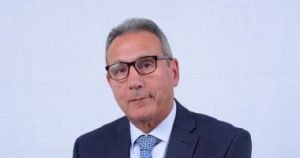
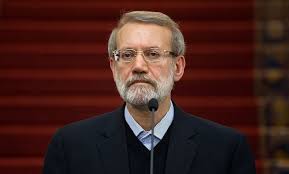
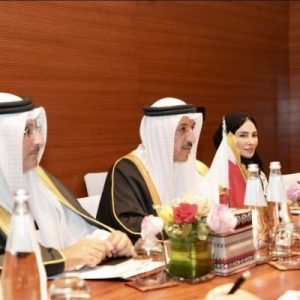

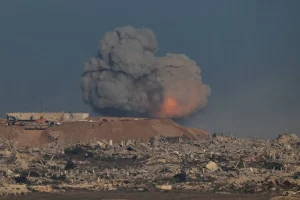
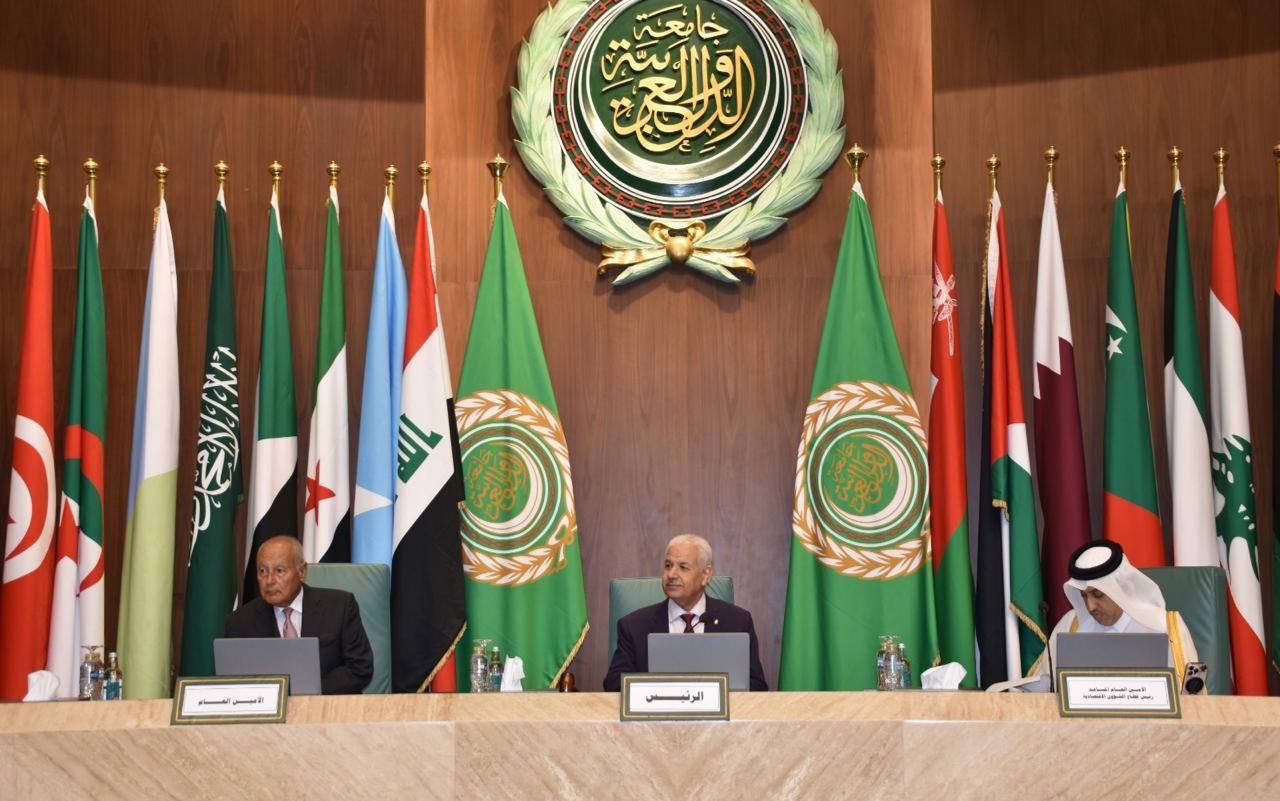
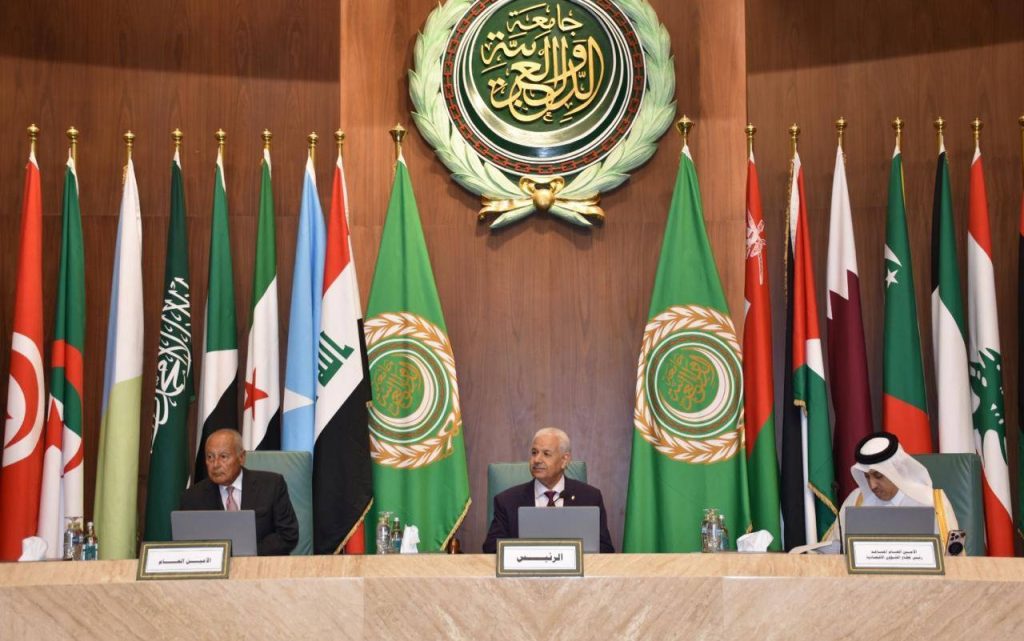
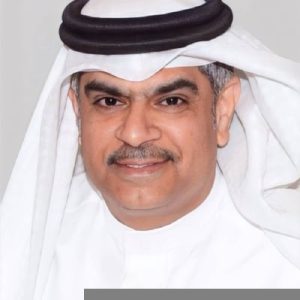
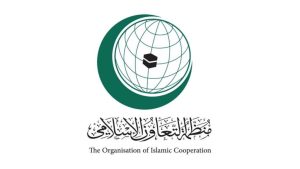
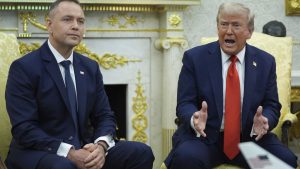

Recommended for you
Exhibition City Completes About 80% of Preparations for the Damascus International Fair Launch
Talib Al-Rifai Chronicles Kuwaiti Art Heritage in "Doukhi.. Tasaseem Al-Saba"
Unified Admission Applications Start Tuesday with 640 Students to be Accepted in Medicine
Al-Jaghbeer: The Industrial Sector Leads Economic Growth
Ministry of Media Announces the 10th Edition of 'Media Oasis'
Love at First Sight.. Karim Abdel Aziz and Heidi: A Love That Began with a Family Gathering and 20 Years of Marriage